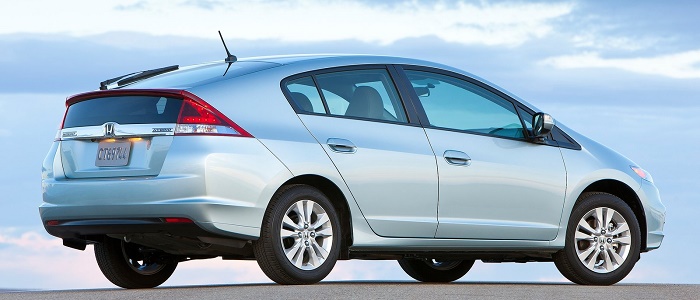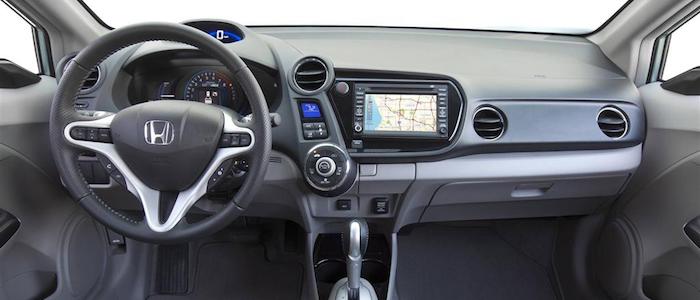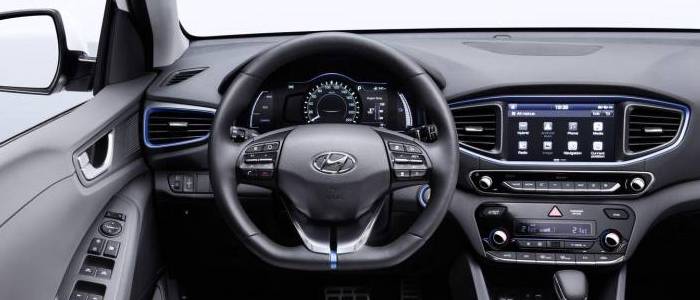Compare two cars
Compare any two cars and get our Virtual Adviser™ opinion
Dimensons & Outlines
Check vehicle history
Engine
1.6 Kappa III Hybrid
Performance (manual gearbox)
Performance (automatic gearbox)
Expenses
Virtual Adviser's™ opinion
Well, these are two pretty similar cars we have here! It's only details that could potentially make the difference. Considering they both belong to the small family car segment and utilize the same 5-door hatchback body style and the front wheel drive system, it all comes up to the specific hybrid engine choice they offer. The first one has a Honda-engineered powertrain under the hood, a 4-cylinder, 8-valves 98hp unit, while the other one gets its power and torque from a 4-cylinder, 16-valves 141hp engine designed by Hyundai.
SafetyThe first thing to look into here would be the results from European New Car Assessment Programme (Euro NCAP) tests performed on the two cars. Good thing is that both vehicles got tested, with the same number of safety stars gained in the process. Still, apart from the official crash test results there are other things we need to be aware of. Both vehicles belong to the small family car segment, which is generally classifying them somewhere in the middle safety-wise, but it doesn't do much to help us decide between the two. On the other hand, if we'd like to consider vehicle mass in this context too, which we definitely should, the Korean car offers a considerable difference of 17% more metal.
ReliabilityI don't like generalizing things when it comes to reliability, although it does seem that Honda does have a slight advantage, when all the models are taken into account. These are the results of an independent reasearch, while our visitors describe reliability of Honda with an average rating of 4.7, and models under the Hyundai badge with 4.5 out of 5. Unfortunatelly, I don't have enough insight that would allow me to comment in more details on the specific models level. That apart, owners of different cars powered by the same engine as the Japanese car rank it on average as 3.0 out of 5, exactly the same as the other one.
Performance & Fuel economyHyundai is undoubtly more agile, reaching 100km/h in 1.7 seconds less than its competitor. In addition to that it accelerates all the way to 185 kilometers per hour, 3km/h more than the other car. When it comes to fuel economy the winner has to be the Korean car, averaging around 3.4 liters of fuel per 100 kilometers (83 mpg), in combined cycle. We can't ignore that 26% difference compared to the Japanese car.
Verdict
Honda appears just a bit more reliable, although the difference is truly marginal. The most important thing when deciding between any two vehicles should always be safety, both passive and active. In my opinion, everything taken into account, the Korean car offers significantly better overall protection, taking the lead here. It all continues in the same direction, with Hyundai outracing its opponent in any situation possible, making it better choice for boy racers. To make things even better, it consumps less fuel! All together, there's not much more to say, in this case I wouldn't even consider anything but Hyundai. Anyway, that's the most objective conclusion I could've came up with and it's based solely on the information found on this website. Aspects such as design, practicality, brand value and driving experience are there for you to measure them out. In case you have two minutes to spare I invite you to define your needs, desires and budget and see which car would be chosen by the virtual adviser™, out of 12.000+ vehicles we currently have in our database.


































